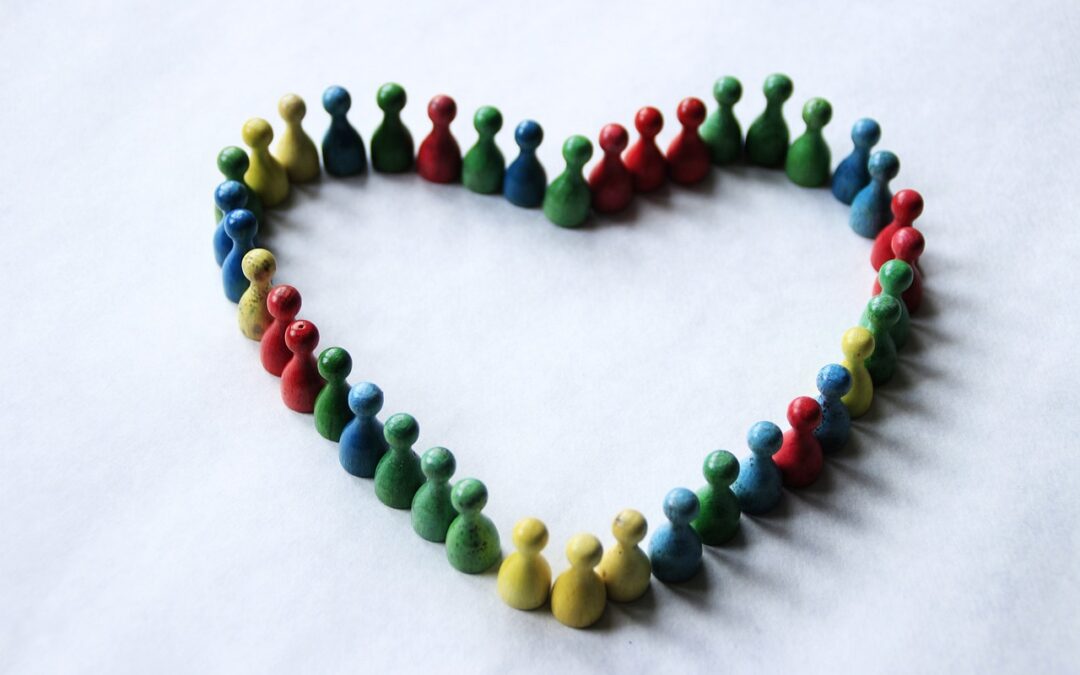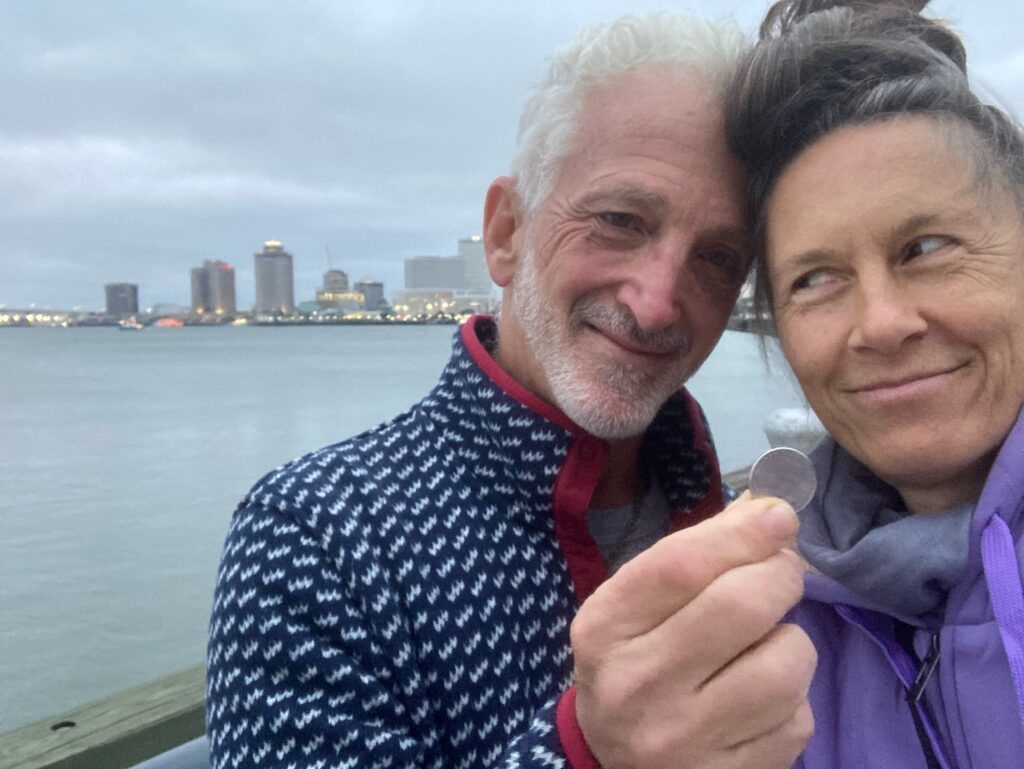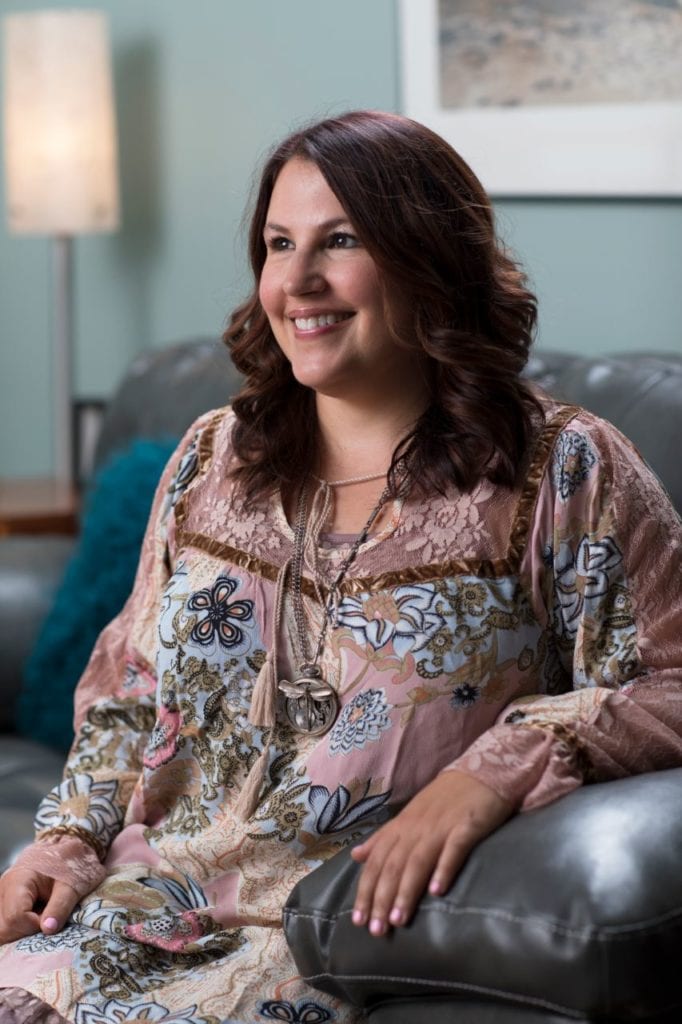What We Owe to Each Other (While Online Dating)
While using Tinder, Bumble, or Match.com, we encounter hundreds of people. The vast majority are people we will never see in person, but still, on some level, we know them. So how do we navigate all these tenuous social connections? How do you maintain a sense of humanity in this virtual space with limited accountability? In other words- what do we owe each other when online dating?
Online Dating Context
T.M. Scanlon’s book, What We Owe To Each Other addresses the topic of what we, as a society, owe each other— what is the right way to treat the people around you. Online dating, for all it’s pros and cons, is its own kind of online society. A new one. With new rules and standards that all of us within it are still creating.
The ambiguity of it all can be confusing. We briefly interact with thousands of people. Some times we match, sometimes we chat, sometimes we meet. Sometimes we barely see each others names and faces, before swiping away. But all (or most of) these people are real humans. And they are all in this community for a reason.
And when the reason is something as intimate and personal as dating, emotions run high. It can affect our confidence, self-image, and even identity. We can’t control what anyone else does, but we can control what we do.
As is the case with many internet arenas, we feel a somewhat false security blanket of online anonymity. We’ll never see these people in real life, never face consequences for our actions, so who cares how we treat them?
The reason to treat others with respect when online dating is simply that it is a small, small world sometimes. While the unnecessarily rude text you send may seem like no big deal in the moment, how will you feel when the person behind the icon shows up at some family dinner. Or at your weekly bookclub. You never know where these people will show up in your life, so it’s best to not make any enemies.
And even if you do never see them again, your actions are what make your character, even when no one is watching.
Ghosting
Recently a friend told me about a party where she was introduced to a man who looked vaguely familiar. When she asked him, he blushed and said “yeah I think you ghosted me last year on Tinder.”
Later, mortified, she scrolled through her Tinder matches to find that they had exchanged a total of six messages between them. Given, the last message sent was from his end, a question that she had apparently never replied to.
This situation made me think. From her perspective it was no more than a conversation that fizzled out. Fading into the mass of unsuccessfully matches that are nobodies fault. From his perspective she had slighted him, purposely not replied.
Ghosting is one of the most controversial dating topics. The classic rejection strategy of simply not replying, ignoring contact, and disappearing from the life of someone who at one point was a romantic potential.
With certainty we can say, if you meet someone in person, and decide not to see them again, you owe them directness. You have no obligation to explain why (although it could give them closure) but a simple message saying you have no interest in moving forward is common decency.
We’ve heard the horror stories of month long relationships simply fading away when one person simply avoids the other entirely. This is a bad thing to do. It leaves the other party in an impossible position, where they either have to accept that they were not worth a quick goodbye message, or undertake the humiliating task of reaching out to ask if they are being ghosted.
The waters get murky, however, when we slide around the spectrum of online dating. What about someone who you matched with, made vague plans, and then changed your mind about? What about someone who you called on the phone once with, but have since started dating someone else? What about someone you’ve only exchanged a few messages with? Is it impolite to not reply to this person who maybe refreshing their notifications every few seconds, waiting on your reply?
There’s no perfect answer but there is one glaringly simple one. The golden rule we learned in kindergarten: Treat others as you would want to be treated.
In any given situation where you are unsure of wether or not to send that “closure” text, simply imagine the roles reversed. If you would be stuck wondering where the match went wrong, take the extra few seconds to send a text. And, as always, err on the side of compassion— what do you have to lose?

Giving Chances
While some sites, such as Tinder, only allow messaging between mutual matches, many others do not have this restriction. This means that you can receive messages from a huge range of people. Some may be your type, and others may not be. Some may be far from what you picture as your match, or who you would consider as a potential partner.
So the question is— to who do you owe a chance? If we are all here to online date, and they want to online date you, do you have an obligation to just open the door and see where it goes?
To make these calls, it is important to establish your deal breakers. What hard lines do you draw in regards to who you want to share your life with.
In general, understanding exactly what you want is important work that everyone should do before online dating. While self-discovery and understanding is an ongoing process that accompanies dating, establishing some fundamentals means less trial and error— at the cost of others emotions.
Think about your core values, what matters to you most and what preferences are flexible. Separate the superficial from the fundamental. Having a better idea of these standards means being more sure of your choices.

Authenticity
At the end of the day, the main thing you owe others while dating is to be yourself. And this goes beyond using you real photos. Which you should definitely be doing.
We know, we know, “Be Yourself” is one of the most common pieces of advice when online dating. But what does that mean in the context of online dating?
What is worth keeping on your profile in the name of authenticity? When do you reach over into the territory of oversharing?
In other words, do you really need to include that you are under six foot in your bio?
Your online dating bio should serve as a snapshot of who you are. Capturing the general picture while leaving some mystery to be unraveled. This can be a difficult balance to strike, especially within limited characters. And we’re always here to help with the writing side of things.
In your bio and when sending messages to matches, it may be tempting to exaggerate and overemphasize aspects of yourself. You may feel the urge to edit your photos a bit or overstate your gym habits.
This can be a dangerous game, especially as it sets the stage for potential disappointment and, ultimately, failed connections. Authenticity is the cornerstone of any successful relationship, and online is no exception– no matter what stage of dating you are at.
What We Owe To Each Other





